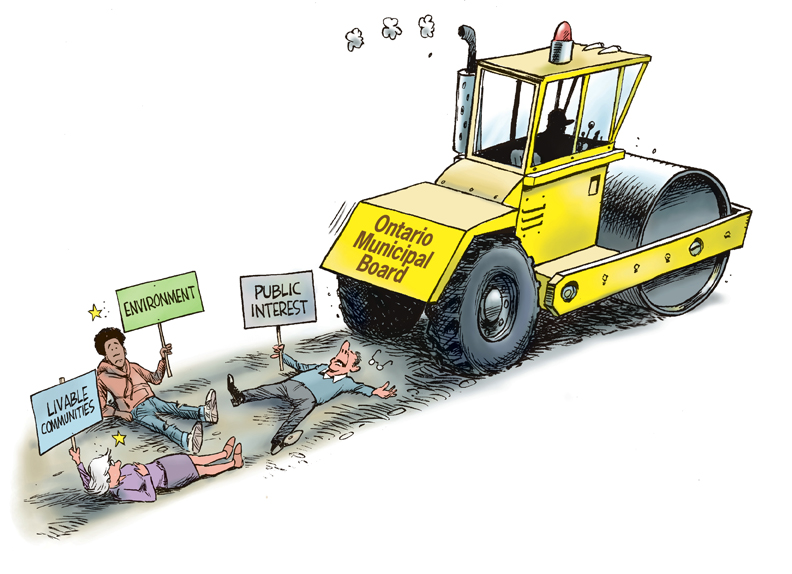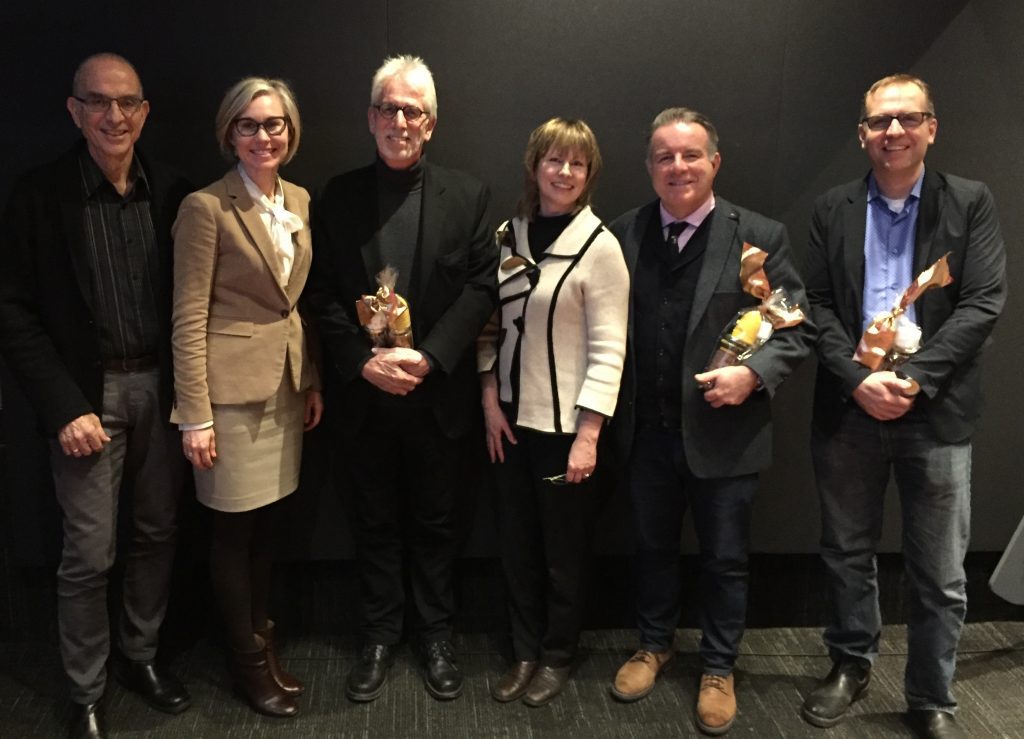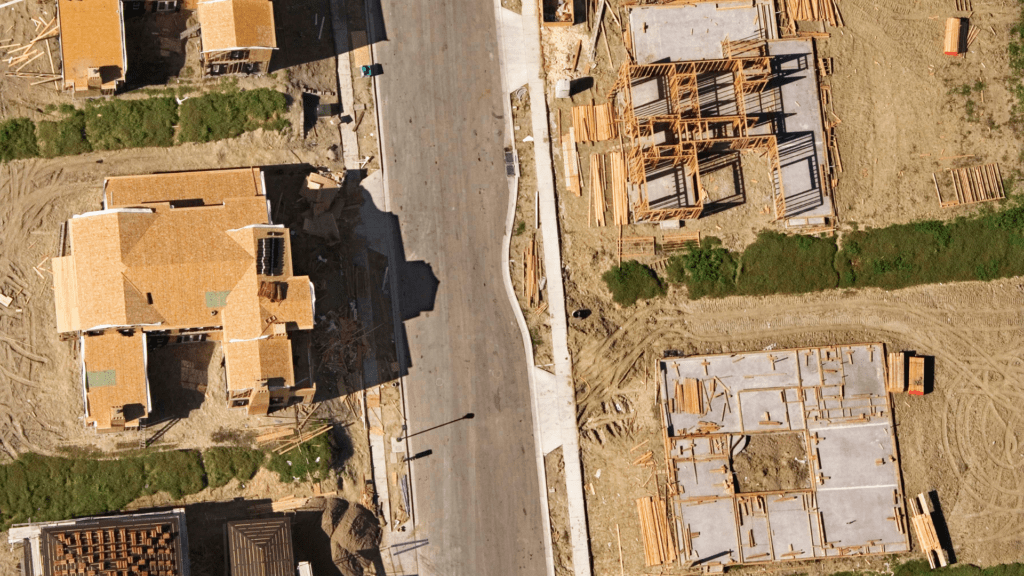Check out a video of the entire panel discussion on our YouTube channel.
Can the Ontario Municipal Board (OMB) be fixed? According to experts in urban design, planning and development, the answer is yes, if substantive reforms are made to reduce costs to participants, limit opportunities to appeal municipal council decisions and uphold planning policy. These were the key findings of a lively panel discussion we hosted on February 13th featuring urban designer Ken Greenberg, Toronto Chief Planner Jennifer Keesmaat, former Toronto Chief Planner Paul Bedford, Rodney Wilts of Windmill Developments and David Donnelly of Donnelly Law.
Ontario is currently reviewing the effectiveness and scope of the OMB and legislation is expected in the spring. The OMB is a land use planning tribunal that is tasked with resolving planning disputes between parties, typically among citizens, developers and municipalities. Reviewing the OMB is particularly important at this time as the province is also undertaking a review of a number of provincial land use plans. Better coordination of the land use planning framework and processes can move us towards low-carbon, transit- connected cities that provide a diversity of housing options and higher quality of life.
As an unelected body, the OMB not only reviews the appropriateness of council decisions but often overrules democratic decision making by substituting their own decisions for those of municipal councils. Too often these decisions disregard planning policy and show contempt for citizen participation.
The OMB costs us all time and money. Ironically, tribunals were instituted to provide a timely, less costly forum to air disputes than in the courts. But planning applications that are appealed to the OMB can take a year or more to go through the system. Seeking justice by becoming a party in an OMB hearing can also be very expensive which is why many citizens don’t launch an appeal or readily participate at the OMB. There is a whole industry of expensive lawyers and consultants built around the OMB, with some lawyers billing up to $800 per hour. This makes the current system out of reach for most except well-heeled developers.
Panelists were asked to consider how the ecosystem of planning would change without the OMB. Rodney Wilts noted that if developers didn’t have to pay lawyers and consultants to fight at the OMB, housing costs could be reduced with the cost savings potentially passed onto homebuyers. Also, with fewer hearings, new development projects could get to the market sooner. Paul Bedford and Jennifer Keesmaat echoed that too much time and staff resources are spent preparing for OMB hearings instead of working on community planning, like creating walkable areas downtown. Without the OMB, politicians would be required to make planning decisions which could restore democratic accountability.
Throughout the evening panelists shared some important insights that can improve planning at the municipal level to potentially reduce the number of OMB appeals. Here are a few highlights.
- Get the lawyers out of planning negotiations at City Hall. Planners and urban designers should be negotiating planning applications, not lawyers.
- Bring back citizen-based planning support bodies like planning review panels to review planning applications and provide recommendations to municipal council.
- Include First Nations in all planning notifications.
- If planning applications don’t conform to municipal and provincial policy, write a municipal refusal report within 120 days. A refusal report makes it difficult for bad projects to win an appeal at the OMB.
- Developers who hold comprehensive community consultations and build community relations often spend less time and money at the OMB.
- It is in our collective interest to build constituencies of people who care about housing, health, transportation, food, nature and understand how community planning impacts the lives of others.
In the end, the panel confirmed that substantive reform is needed to fix the OMB. Now it’s up to the province to make sure the reform is effective to ensure provincial interests are protected, hearing costs and penalties are reduced and local democratic decision making on planning matters is restored.
Here are a few actions discussed at the event to fix the OMB:
- One size doesn’t fit all. Greenfield applications and environmental planning matters should be referred to the Environmental Review Tribunal. Urban planning matters should be heard by OMB Chairs with planning and urban design experience.
- Support intervenor funding to allow citizens to participate meaningfully in hearings.
- Restrict the right to appeal. Too many planning matters are subject to appeal.
- OMB decision criteria are needed to ensure consistent decisions.
- Limit the awarding of hearing costs that penalize citizen participation.
- Improve accountability and transparency. Allow cameras and record OMB hearings.
- Upgrade the qualifications and diversity of OMB Board members, and hire more planners.
Reform of the OMB is expected to be tabled in the spring legislature. There is still time to take action by signing our petition to fix the OMB.
Want to hear from the panelists yourself? Check out a video of the entire evening on our YouTube channel.









